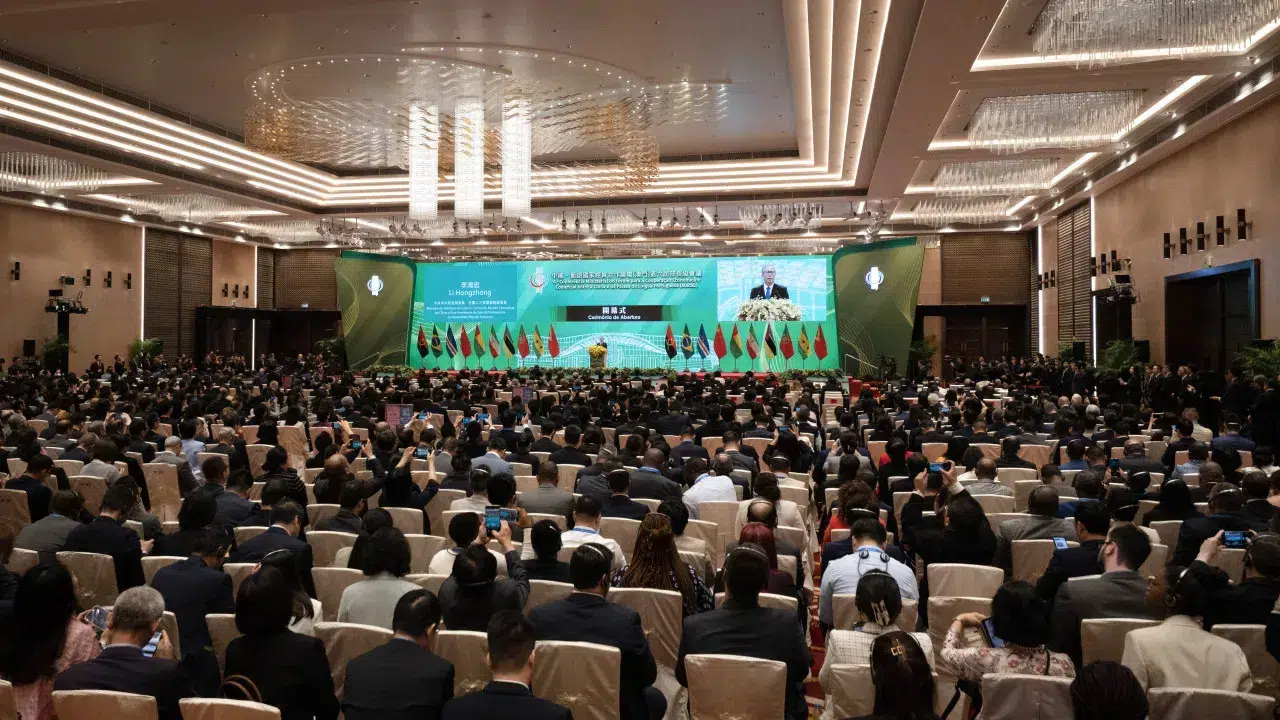
A recent global report by Microsoft, which assessed the use of digital tools by 31,000 “knowledge workers” across 31 countries, found that “the average employee now receives 117 emails and 153 Teams messages daily.”
During working hours, employees “are interrupted on average every two minutes — 275 times a day — by meetings, emails, or chat notifications,” according to this study, based on “aggregated and anonymized productivity signals from Microsoft 365” by the American software giant.
Prolonged hyperconnectivity significantly extends work hours, with the company noting that “40% of employees check their emails before 6:00 AM.” Additionally, besides the previously observed spikes in the morning and early afternoon, another peak occurs at night, with 29% of employees checking emails around 10:00 PM.
In France, 65% of employees claim to be screen-addicted, and the company is taking measures to limit the connection of only 16% of them, according to a study conducted by Viavoice for health prevention consultancy Verbateam.
Three-quarters of the thousand people interviewed for this study also report having “already experienced negative effects related to digital use,” including sleep disturbances (76%), difficulty concentrating (77%), feeling of constant pressure (78%), or “stress and anxiety due to digital demands.”
“Not only are we seeing this phenomenon worsening, but there is also a somewhat surprising trend to trivialize, and even value, this hyperconnectivity in business,” emphasized Flore Serré, CEO of Verbateam, to the French news agency AFP.
“There is truly a practice that is becoming addictive,” the official noted, defining addiction as “a compulsive need, chronic use, and above all, a loss of control.”
“Service companies are much more impacted than companies with 3×8 shifts,” observed Isabelle Tarty, president of the French Federation of Workers in Psychosocial Risk (FIRPS).
Tarty added that she has even met bus and metro drivers “who are starting to deal with emails after work.”
“Contrary to popular belief, it is not the younger generations most affected” by hyperconnectivity, according to Flore Serré, but “the intermediate age group, between 35 and 45 years,” while “young people, ultimately, have a little more perspective.”
The right to disconnect is far from always being effective, despite agreements signed within companies.
According to the latest survey published on Monday by the French Management and Technical Union (UGICT), 67% of managers “would like an effective right to disconnect to protect their privacy and health,” an 11 percentage point increase compared to 2016.
Regardless of the situation within the company, employees “have the right not to be contacted outside working hours, regardless of the existence of an agreement,” emphasized Pauline Mureau, labor law attorney at Voltaire Avocats.
“But rest periods are not always respected, leading to significant disputes with considerable risks for employers,” according to the attorney.




